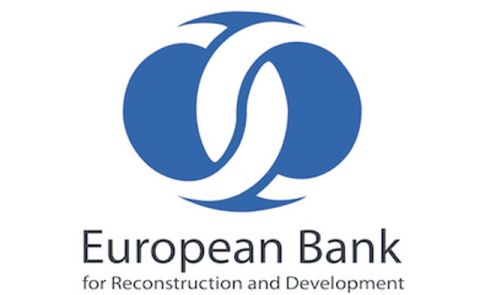
Georgian opposition threatens to boycott the 8 March agreement after Rurua remains in detention
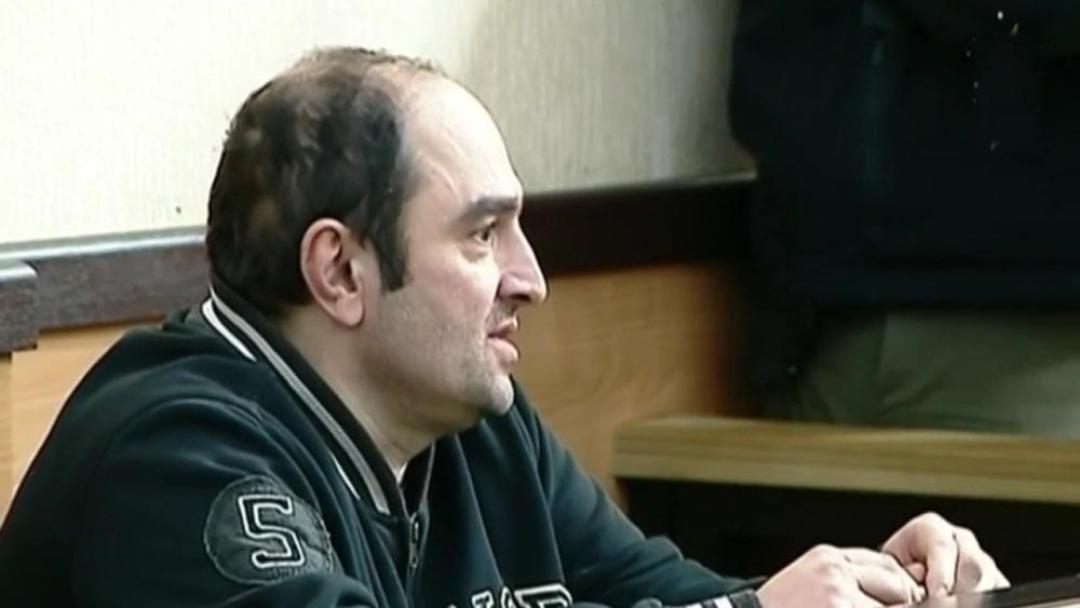
On 18 May, the city court in Tbilisi decided that Giorgi Rurua, the co-founder and shareholder of the opposition station Mtavari Arkhi TV, will remain in custody for charges for illegal possession and carrying of a firearm on 18 November 2019.
After the decision was made, opposition parties in Georgia accused the ruling Georgian Dream party of endangering the 8 March election agreement ‘once again’ and that they will not vote for the constitutional changes for the 2020 parliamentary elections per the 8 March agreement if Rurua stays in custody. Opposition leaders also announced that it would commemorate the June 2019 protests in Tbilisi on 20 June, while still taking the epidemiological situation in account.
The Georgian opposition also spoke on its political program for the upcoming elections. They said that “after the defeat” of the current Georgian Dream government in the upcoming elections, the [united opposition] coalition government would take steps “to stop the economic crisis, ensure the court’s freedom and the absence of political prisoners in the country.” The recently pardoned opposition leaders Gigi Ugulava and Irakli Okruashvili have stated that they are likely to be the united opposition’s majoritarian candidates in Tbilisi.
On 15 May, Georgian President Salome Zourabichvili pardoned Georgian opposition politicians Gigi Ugulava and Irakli Okruashvili, which she said was “a very difficult decision.” Zourabichvili also added that she was not pardoning Ugulava and Okruashvili as ‘political prisoners’, as Georgia does not have any political prisoners, but because of the aim to put an end to speculations around this issue, which are “discrediting the country. Upon his release, Ugulava demanded that Giorgi Rurua also needs to be released in order to fully comply with the agreement” (Caucasus Watch reported).
The 8 March agreement foresees 120 seats in the legislative body to be distributed via a proportional vote and the remaining 30 via the majoritarian system. It also foresees a fair composition of election districts, a 1% threshold, and a cap recognising that no single party that wins less than 40% of the votes should be able to get its own majority in the next parliament (Caucasus Watch reported). The Georgian opposition had stated numerous times that the releases of Okruashvili, Ugulava and Rurua were also agreed on 8 March.
See Also

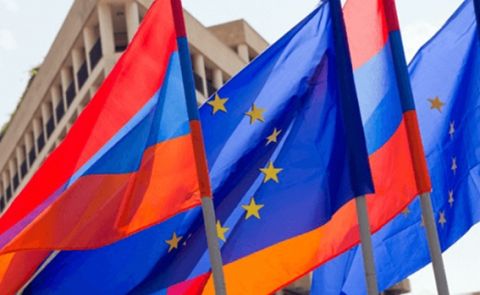
Pashinyan and Mirzoyan Hold Separate Meetings with European Leaders to Focus on Armenia’s EU Integration, Human Rights Progress, and Regional Developments
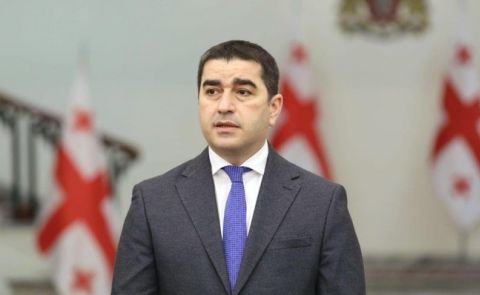
Georgian Parliament Speaker Participates in EU Parliamentary Conference, Engages in High-Level Bilateral Talks
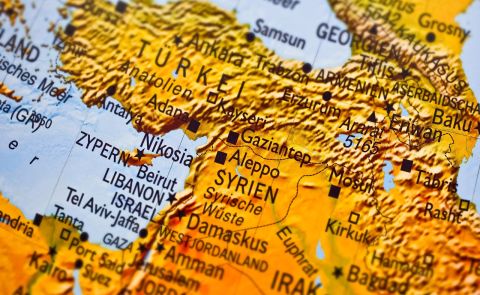
Separatist Abkhazia and Syria Discuss Strengthening Academic Ties, Potential Agreement Between Universities
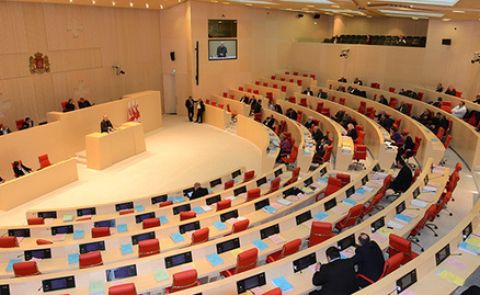
Georgia Announces Legislative Changes Targeting Foreign Nationals in Anti-Government Protests

